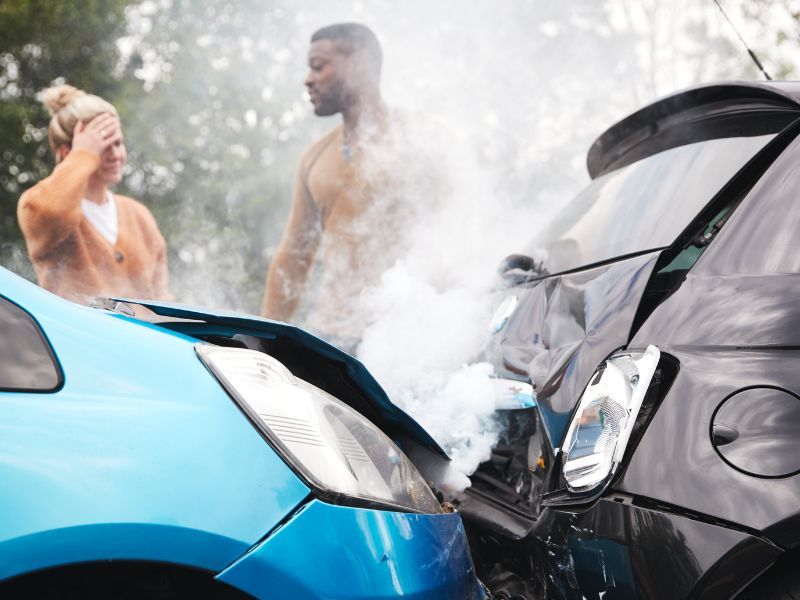
4.8 Average on Google


Do I Have to Go to Court for a South Carolina Car Accident?
The fallout of an auto accident can be a lot to handle. You might have injuries to take care of and insurance claims to make. Car accidents bring many nuisances, and while you are recovering you might not want to deal with any of them. The idea of going to court might seem uniquely unpleasant. Sometimes court is unavoidable, though, especially if you are seeking fair compensation for your injuries. A car injury lawyer at HawkLaw, P.A. can advise you of your options, guide you through the legal process, and help you prepare your case for court.
What Are the Reasons You Would Have to go to Court Due to a Car Accident?
Most personal injury cases begin with an insurance claim. If you run out of personal injury protection (PIP) benefits, for example, you may need to assert a claim against the at-fault driver’s insurance company, or against your own insurance provider if the accident was a hit-and-run or the other driver is uninsured. Going to court is usually reserved for situations when you and your attorney cannot negotiate a settlement amount with the insurance company.
Insurance Company Would Not Settle
Insurance companies know many tricks to avoid paying fair settlements in car accident claims. Personal injury lawyers are familiar with these tricks, having encountered them many times. They know how to deal with them, and they know how to tell when further negotiations would not be worth the effort. That is the point when a personal injury lawsuit becomes necessary.
At-Fault Driver Does Not Have Insurance
South Carolina law requires drivers to carry a minimum amount of insurance coverage. A driver who fails to maintain the required coverage could face penalties, but that offers little comfort to someone that the driver injured in a motor vehicle accident.
Car insurance policies must also include uninsured motorist coverage so accident victims may still be able to recover damages. You may be able to negotiate a settlement with your own insurance. If not, you still have the option of suing the at-fault driver.
Recovering damages from someone who does not have auto insurance could be a challenge. An experienced car accident lawyer can advise you about the best way to proceed.
Fault Cannot Be Agreed On
South Carolina uses a system called “modified comparative negligence” to apportion fault among different parties involved in an accident. You may recover damages even if a jury finds that you were partly at fault, provided that your share of fault is less than 50%. The jury will reduce the amount of damages you may receive, as discussed in more detail further below.
While you and your attorney are trying to negotiate an insurance settlement, admitting to a small portion of fault could help move the process along. It gives the insurance company a way to reduce the amount they must pay you, while still ensuring that you receive fair compensation. The insurance company, however, may want you to admit to more fault than you think is fair. If you cannot agree on this issue, you probably will not be able to agree on the amount of compensation you should receive. The courthouse may have to be your next stop.
Can Someone Sue You Personally After a Car Accident in South Carolina?
A person can file suit against you after a car accident, but you should keep several important points in mind. The first is that your car insurance company should cover your defense in most situations.
South Carolina sets a three-year statute of limitations for car accident lawsuits. If a person intends to sue you for car accident injuries, they must do so no later than the third anniversary of the accident.
Finally, the modified comparative negligence rule could reduce your liability if both you and the person suing you were at fault to some extent for the accident. Car accident cases are usually based on negligence. In order for someone who is suing you to establish that you were negligent, they must prove all four of these points:
- You owed them a duty of care. Drivers owe a general duty of care to drive safely and obey traffic laws.
- You breached your duty of care, such as by not paying attention to the road or running a red light.
- This breach caused their damages. They would have to prove, for example, that if you had not run the red light, the accident would not have occurred.
- They suffered damages because of the accident. Common damages include medical bills, lost wages, and property damage.
The modified comparative negligence rule reduces a plaintiff’s damages by the percentage of fault that they shared in the accident. Suppose that a jury concludes that you were 60% at fault for the accident because you ran a red light, but the plaintiff was texting at the same time and was therefore 40% at fault. If the jury finds that the plaintiff has $50,000 in damages, it would reduce that award by 40%, for a final judgment of $30,000.
What Is the Difference Between an Injury Claim and an Injury Lawsuit in South Carolina?
You have two options for going after a person who caused your injuries and damages in a car crash: an insurance claim and an injury lawsuit. Most people at least try to file an insurance claim first before taking a case to court.
Insurance Claims
An insurance claim is an informal process between you and an insurance company. You and your attorney submit evidence and a settlement demand to the at-fault party’s insurer. They should make a settlement offer after reviewing your case. If you are happy with the offer, you can accept it and be done. If not, a lawsuit would be the next step.
Injury Lawsuit
A personal injury lawsuit is a formal legal proceeding in a South Carolina civil court. You file a lawsuit, and the at-fault party turns it over to their insurance company. You can still settle the case if the negligent party’s insurer makes you a better offer than before, which is a common occurrence.
If you do not settle, you must prepare to take the case to trial. This can be a lengthy process. Insurers often like to take it down to the buzzer before making a settlement offer, hoping you will cave first. Ultimately, very few personal injury lawsuits actually go all the way to trial.
What Happens When You Go To Court for a Car Accident?
When you file a car accident lawsuit, you will have many opportunities to settle the case while you prepare for trial. The trial preparation process can take months, if not longer. Your attorney will gather evidence and prepare arguments while possibly also fielding settlement offers. If the case goes to trial, it will follow several steps:
Reveal Evidence
As the plaintiff, you have the burden of proving that the other driver was negligent by a “preponderance of evidence.” This means that you must show that it is more likely than not that the defendant meets the four elements of negligence described above. Evidence that can support your case may include:
- Police reports detailing what happened in the accident
- Photos and video of the accident scene
- Expert witness reports and testimony about the accident or your injuries
- Eyewitness testimony about the accident or the effect your injuries have had on your quality of life
- Medical records and other documentation showing the extent of your injuries
You get to present your evidence first, but the defendant gets to have the last word.
Jury Deliberates
You can choose to have a judge or a jury decide your case. A skilled trial attorney knows how best to handle both kinds of trials.
Once both sides have presented their evidence and rested their cases, the judge or jury will deliberate in order to reach a verdict. The issues they must decide are:
- Who was at fault for the accident, and in what proportions; and
- How much financial compensation, if any, to award to you.
Verdict
Once the jury has finished deliberating, the members will return to the courtroom to read their verdict. If a judge is deciding your case, the judge will pronounce their judgment in court. The verdict will include the determination of fault and the award of damages.
How Are Settlements Paid Out After an SC Car Accident Lawsuit?
If you reach a settlement agreement with an insurance company, you may be able to choose how you want to receive your share of the settlement:
- Lump sum: You receive a single payment from the insurance company.
- Structured settlement: You may choose instead to receive settlement payments over time, similar to an annuity.
Why Should You Hire a Lawyer for a Car Accident Lawsuit?
Obtaining fair compensation for car accident injuries in South Carolina can be a complicated and lengthy process. Many forces are arrayed against you, from an at-fault driver who might not accept responsibility to an insurance company that does not want to pay you a fair settlement. If you end up filing a lawsuit, you will have to follow strict procedures set by state law and local court rules. A single error can seriously affect your case and its chances of success.
Legal advice from a skilled and experienced car accident lawyer can help you navigate these systems. They know how to negotiate with insurance companies. If they cannot reach an agreement, they can advocate for your rights in court. South Carolina personal injury attorneys know how to gather evidence for trial and how to prepare the best possible case for your specific circumstances.
Get the Compensation You Deserve After Your Car Accident
If you are concerned about whether you will have to go to court to assert your rights after a car accident, the personal injury lawyers at HawkLaw are here to help. Request a free consultation* today by calling 888-HAWKLAW or completing the online contact form.
-
$3,000,000*SettlementTrucking Accident
-
$1,005,000*SettlementCar Accident
-
$575,000*SettlementPersonal Injury
"*" indicates required fields
